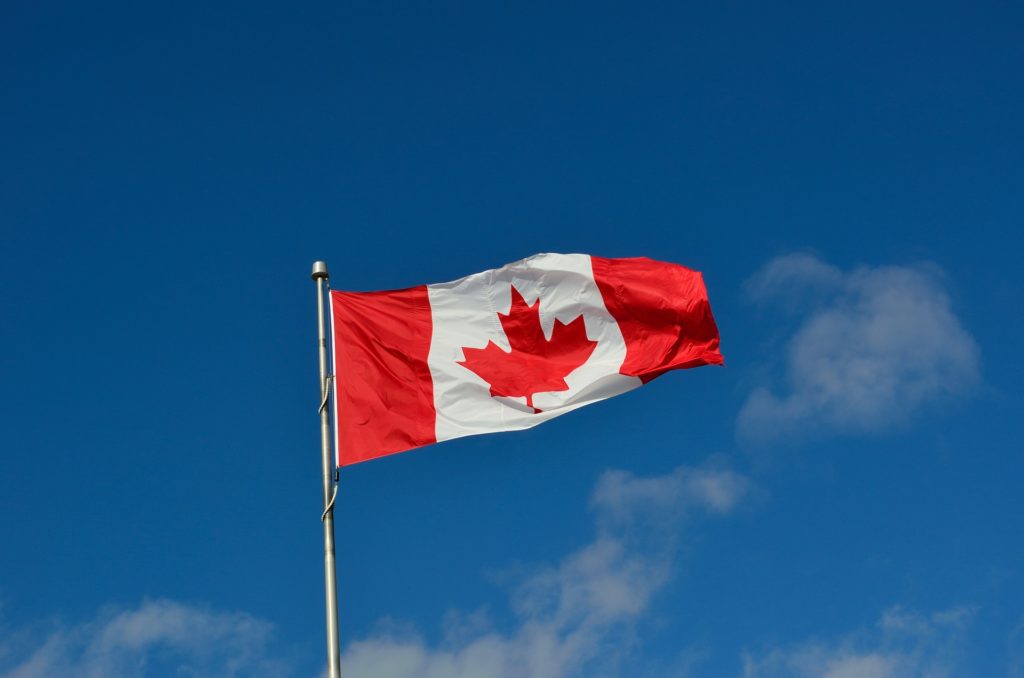
Earlier this year, the trademark system in Canada was modernized to bring in the Nice classification system. The Nice classification system is an international classification system that is used to classify goods or services into 34 classes for goods and 11 classes for services for the purposes of registering trademarks. As part of this modernization, the Canadian Trademarks Act was amended to add section 44.1, which provides the following:
44.1 (1) The Registrar may give notice to the registered owner of a trademark requiring the owner to furnish the Registrar, in the prescribed time and manner, with a statement of the goods or services in respect of which the trademark is registered, in which those goods or services are grouped in the manner described in subsection 30(3).
(2) The Registrar may amend the register in accordance with the statement furnished under subsection (1).
(3) If the statement required by subsection (1) is not furnished, the Registrar shall by a further notice fix a reasonable time after which, if the statement is not furnished, the Registrar may expunge the registration of the trademark or refuse to renew it.
(4) Any question arising as to the class within which any goods or services are to be grouped shall be determined by the Registrar, whose determination is not subject to appeal.
As a result, owners of existing trademark registrations in Canada will be required to classify the listed goods and/or services in order to maintain rights to the mark in Canada or the registration will be expunged. We note the Canadian Trademarks Office allows six-months to respond to this notice. The deadline to classify is extendable for another six-months but under limited exceptional circumstances. If the deadline to classify is missed, a notice of default will issue which provides two-months to respond failing which will result in the expungement of the registration.
If a response is filed on or before the deadline to classify, the Canadian Trademarks Office will either accept the proposed classification of the goods and services, or issue an action requesting amendments.
Please note these notices issue to the agent of record noted on the registration. If the trademark owner renews directly or a third party renews the registration on behalf of the trademark owner, the agent of record will receive the notice only.
If you require any assistance with the above (or any other trademark matters), don’t hesitate to contact the Fasken IP group.





